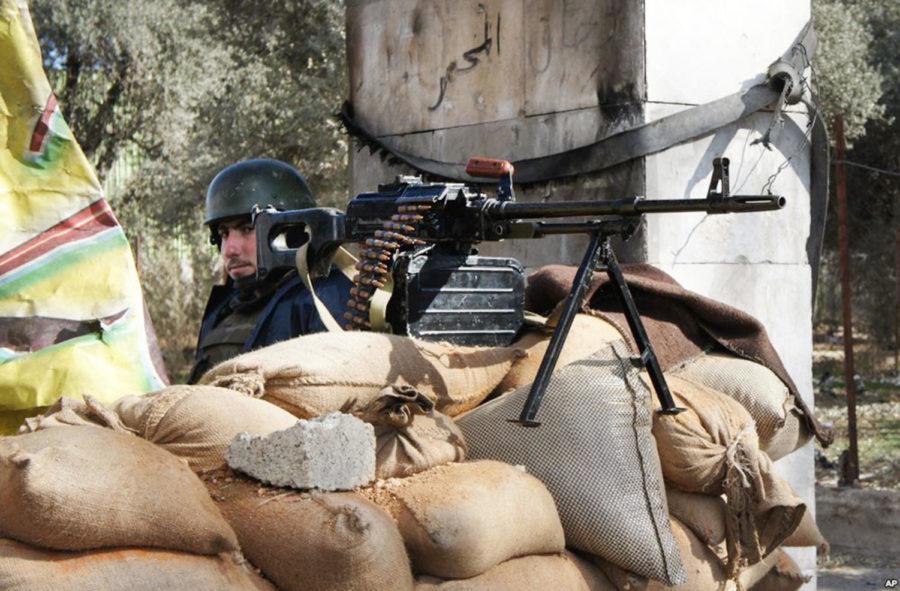Obama to seek approval from Congress on military action in Syria
Photo courtesy of commons.wikimedia.org
The use of chemical warfare in Syria has led some to believe that the United States will involve themselves in the country.
September 2, 2013
President Barack Obama spoke from the White House on Saturday, Aug. 31, to announce officially that while he has chosen to take limited action in response to a Syrian government chemical weapon attack in Damascus, he will wait for approval from Congress.
“After careful deliberation, I have decided that the United States should take military action against Syrian regime targets,” Obama said. “This would not be an open-ended intervention. We would not put boots on the ground.”
Obama said U.S. military action would be designed to limit the time there and influence. The United States’ capacity to execute his plan is not time-sensitive, but it is ready to go at any time.
“I will seek authorization for the use of force from the American people’s representatives in Congress,” Obama said.
Obama said he met earlier Saturday with four congressional leaders, Senate Majority Leader Harry Reid, Senate Minority Leader Mitch McConnell, Speaker of the House John Boehner and House Minority Leader Nancy Pelosi, who all agreed to schedule a debate and vote immediately after Congress is back in session on Sept. 9.
“While I believe I have the authority to carry out this military action without specific congressional authorization, I know that the country will be stronger if we take this course and our actions will be even more effective,” Obama said.
ISU political science professors, James McCormick and Richard Mansbach, both believed Congress would pass the resolution for presidential military action against Syria.
McCormick sees Iowa’s senators, Chuck Grassley and Tom Harkin, as being difficult to predict for which side they will vote for. He wrote in an email that both had voted against the resolution to use force in 1991, the first war against Iraq, and voted for the Iraq resolution in 2002.
McCormick said he predicts Harkin will side with the “for” side and Grassley with the opposition.
Mansbach believes both senators will vote for the use of force unless they believe an attack would be a lose-lose situation.
“To wit, an air attack won’t change the outcome in Syria. If one is even modestly cynical one might conclude that Obama isn’t really in favor of ousting Assad because it would risk a jihadist regime….And a congressional vote affords some modest legitimacy for a president who has neither our closest ally Britain, NATO nor the U.N. prepared to act,” Mansbach said in an email.
Obama’s own credibility has been called to question during this Syria conflict. Some are stating, including McCormick and Mansbach, that Obama’s indecisiveness and failure to offer a clear plan for Syria has hurt his credibility on the national and international stage.
Congressional support of the resolution for military action could restore some credibility for the president. Ultimately, the regaining credibility will be when Obama’s policy is carried out and whether the policy action has any tangible effect in Syria or the region McCormick stated.







